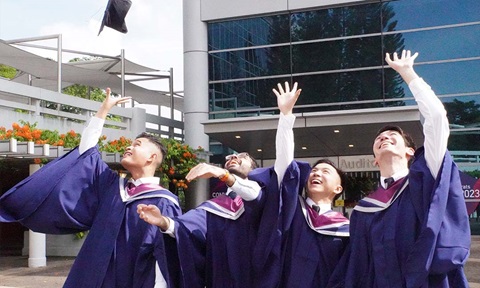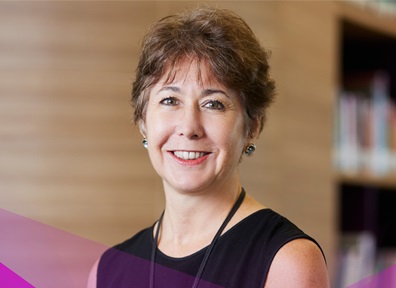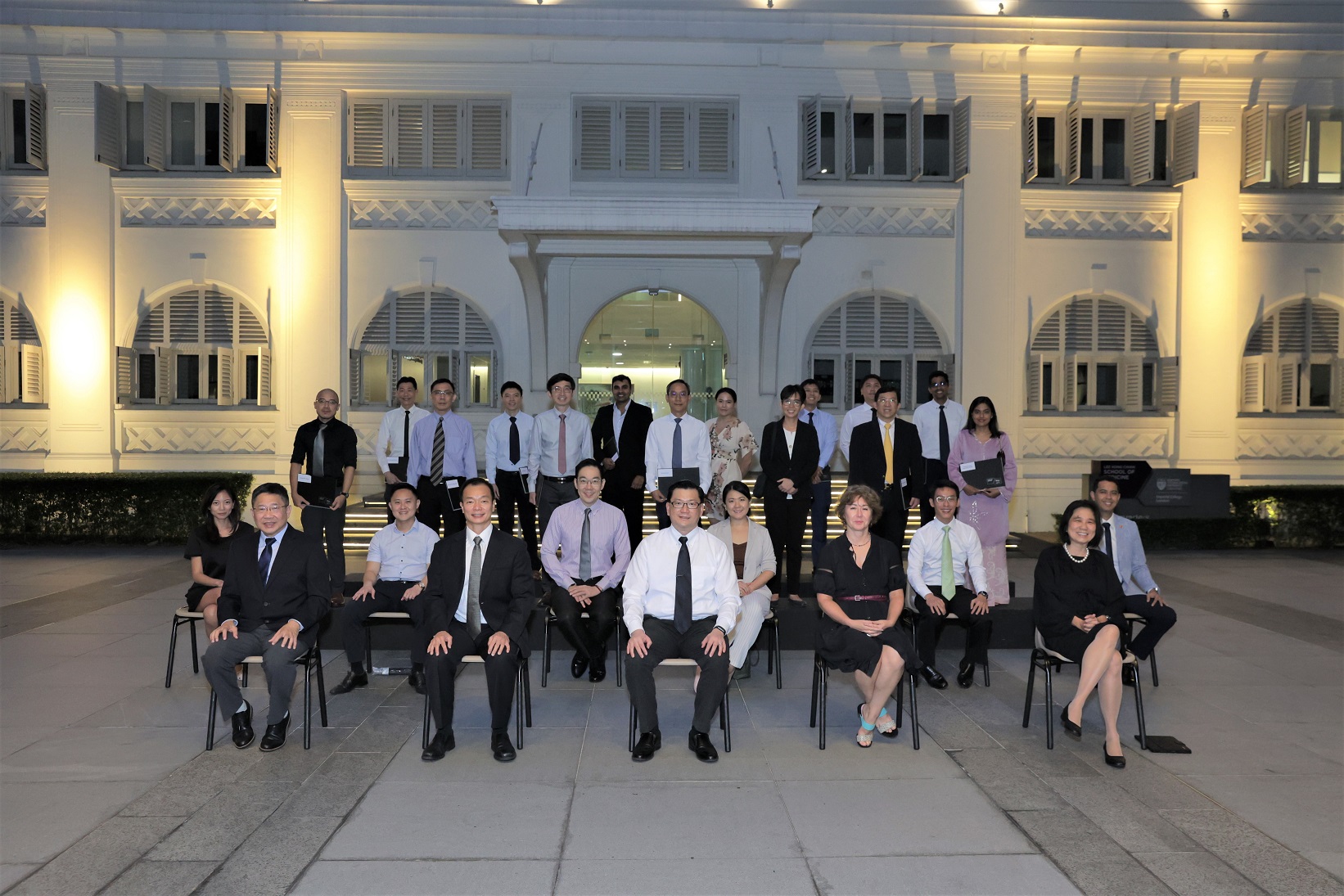
The latest batch of 23 doctors from the Graduate Diploma in Sports Medicine (GDSM) graduated on 6 September and they are ready to apply their newly acquired skills and knowledge for patients suffering from sports-related injuries as well as those with musculoskeletal issues.
This diploma is developed by LKCMedicine in partnership with the Singapore Sport &
Exercise Medicine Centre @ Changi General Hospital (SSMC@CGH). It is also the only graduate sports medicine programme in Singapore which is designed for medical doctors who are interested in extending their qualifications and training in this growing area of need.
The GDSM programme started in 2018. Through its well-reviewed curriculum that combines lectures, workshops and clinical attachments at sports medicine clinics, the programme has boosted the number of doctors who can treat sports and age-related injuries and prescribe exercises for chronic diseases.
This enrolment for GDSM is set to grow as it has seen increasing interest from not just GPs but specialists too. The graduating batch for example, has the highest number of specialists that includes cardiologists and geriatric medicine specialists.
With more people turning to exercise, significantly during the COVID-19 outbreak, GPs and specialists who are trained in sports medicine will see higher demand for their expertise. They are now better equipped to care for their patients and may prescribe a suitable exercise regime for those with chronic diseases.
Taking this diploma during the pandemic presented some challenges to this cohort. While most of their lectures were conducted online, some of the course assessment,
workshops, summary training, OSCE and final written exam paper were still held on on-site because it just was not possible for them to study and practise, diagnose and treat, for example, torn ligaments via Zoom! Thankfully, online or onsite, GDSM did not compromise on delivering a strong and rigorous curriculum.
Many of them enrolled in GDSM for different reasons but the common factor has been the need to acquire a new skillset to meet a growing demand for expertise in treating sports injuries and musculoskeletal issues.
Dr Michael Lim Chun Leng, Medical Director at Royal Healthcare Heart Stroke and Cancer Centre and also the Chairman, Chapter of Cardiologists, Academy of Medicine, said that many of his patients are actively exercising or intending to start exercising. He has seen many of them with various symptoms related to their musculoskeletal system. The course has equipped him with better clinical skills to diagnose musculoskeletal problems, and provide appropriate advice based on the evaluation of their musculoskeletal symptoms.
“In the past, I would just refer patients for physiotherapy but now I’m able to have a discussion with physiotherapists on the actual therapy with measurable outcomes. In addition, I could also give advice to my patients on how to avoid injuries,” said Dr Lim.
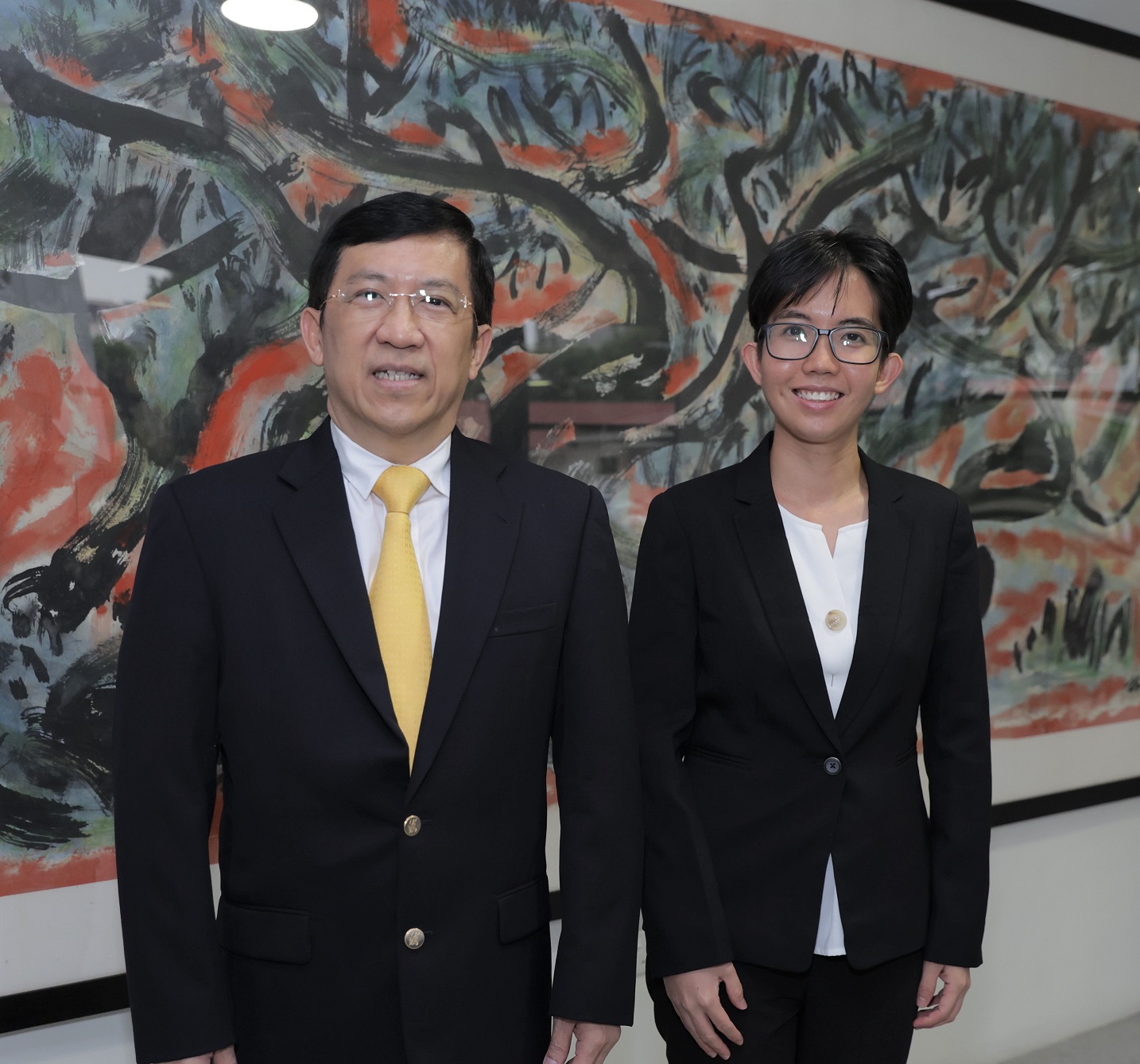
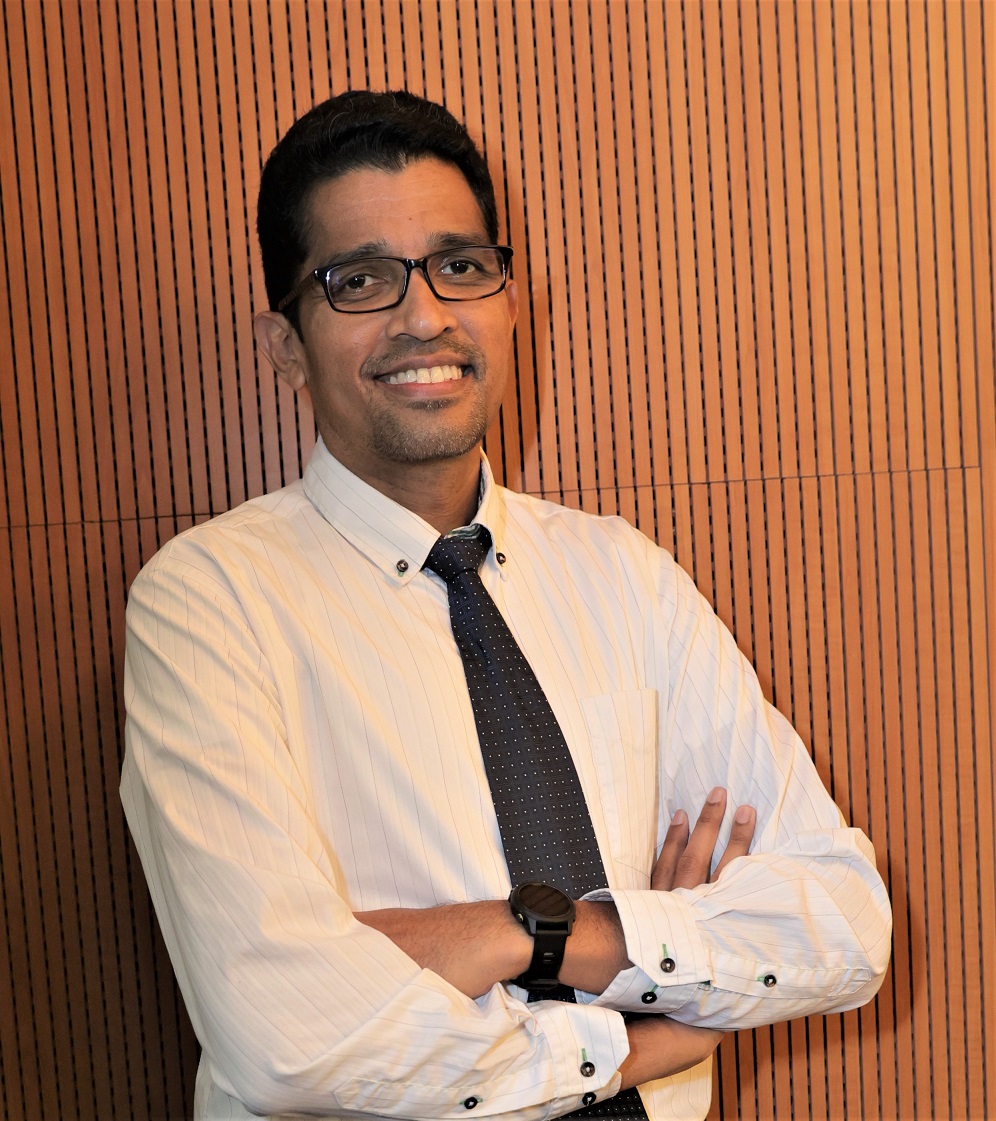
For Dr Mohammad Ashik, Head and Senior Consultant for Sport and Exercise Medicine Service, Department of Orthopaedic Surgery at KK Women’s and Children’s Hospital, he firmly holds the belief that exercise is medicine.
“GDSM gives me a more holistic approach to the management of athletes and patients with
sports injuries. It also gives me greater confidence when I prescribe the different
types of exercises to my patients,” says Dr Ashik.
For him, the biggest takeaway from GDSM is a deeper understanding of the numerous benefits of exercise for different age groups.
The top graduate from this cohort is Dr Joyce Yap, a Consultant in Geriatric Medicine at Tan Tock Seng Hospital who chose Falls and Balance in the elderly for her GDSM sub-specialty.
She noticed that many of her patients have musculoskeletal issues and biomechanical problems which she finds challenging to manage as she is not trained in these during her undergraduate and postgraduate training.
“I exercise regularly too and the programme allows me to understand better the medical science related to my specialty. This diploma has also refreshed my knowledge in the relevant anatomy and physiology and taught me the evidence behind appropriate exercise prescription and exercise screening,” says Dr Yap.
In her speech at the GDSM Graduation Ceremony, LKCMedicine Vice-Dean of Education Professor Cleland is optimistic that more doctors will come board when they learn about the benefits of GDSM.
“When Singapore rolls out the Healthier SG initiative, where GPs and family physicians play a bigger role in managing population health, GDSM will become even more relevant. Additionally, as our society ages, and Singaporeans engage more with sport, we will need to have more doctors who understand sports medicine,” she said.
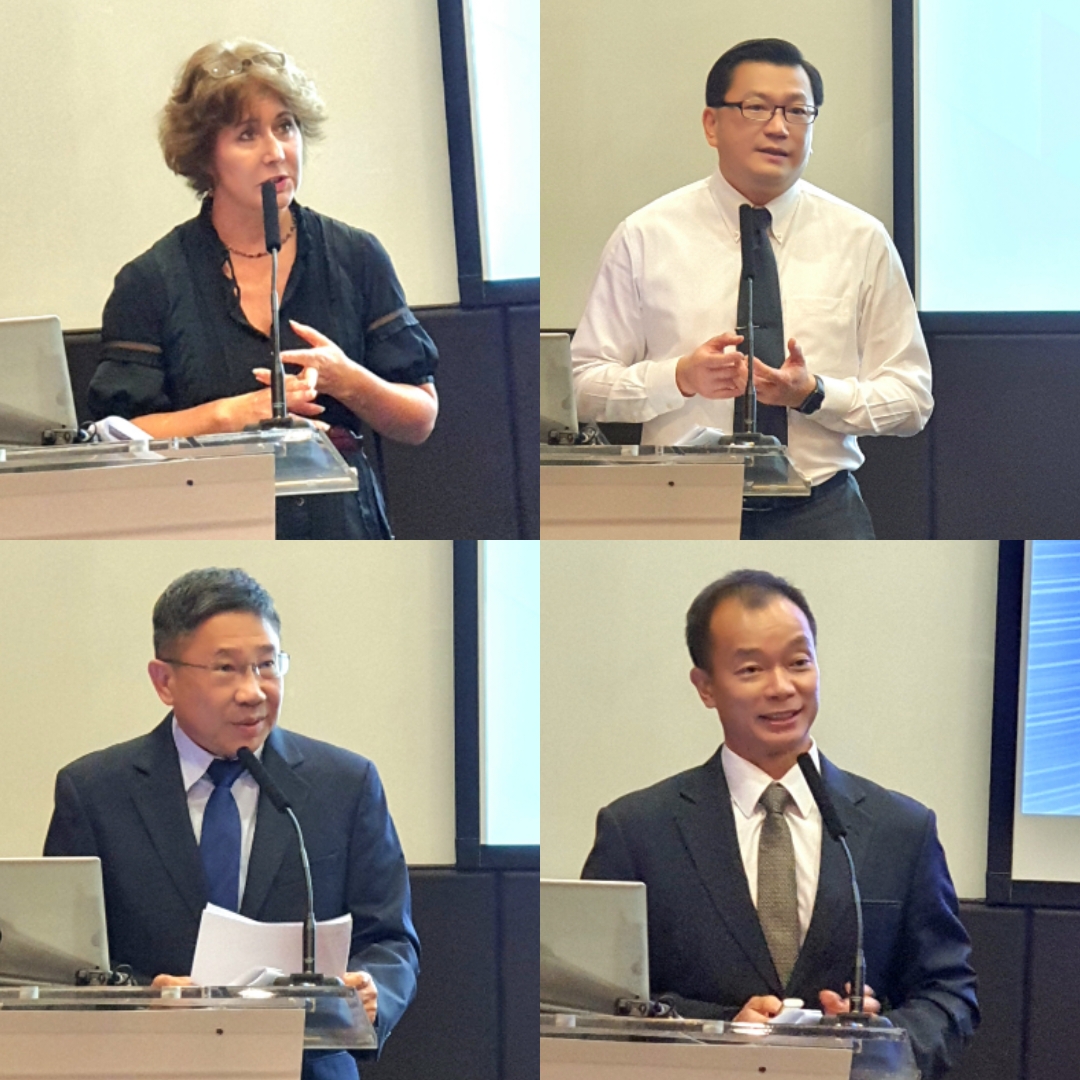
Associate Professor Siau Chuin, Chairman Medical Board, Changi General Hospital believes there will be increased demand for doctors with this specialised skillset. “With the increasing awareness and emphasis on physical activity and its role in chronic disease prevention and management, there will be an increased demand for healthcare professionals with domain-specific knowledge in this area, which until recent years has been ‘neglected’ in the undergraduate curriculum. Medical schools worldwide have recognised this, and CGH is currently working with several of the local medical schools on an exercise prescription module for undergraduates,” he said.
“For the practising doctor, the GDSM is well-positioned to fill this niche. Its objectives are to equip doctors with the knowledge and skills not only to recognise and manage musculoskeletal injuries, but also to utilise exercise and physical activity as a tool in the prevention and management of chronic diseases,” added A/Prof Siau.

At the graduation ceremony, Associate Professor Benedict Tan, Head, SingHealth Duke-NUS Sport & Exercise Medicine Centre at Changi General Hospital, and also the Chairman of the GDSM Advisory Committee delivered a lecture on “The Role of GDSM Graduates in Expanding the Sports Ecosystem”. He is hopeful that the GDSM certification will enable them to not just treat sport injuries but also take on additional roles such as providing event medical coverage to schools and National Sports Associations, become Exercise in Medicine Ambassadors or even support Team Singapore as a Team Physician. “You all will definitely add value to the ecosystem,” he enthuses.
With the latest cohort of 23 students, LKCMedicine has graduated a total of 89 GDSM students. This is still a very small number compared to the total number of doctors practising in Singapore. Nevertheless, LKCMedicine is confident that it can successfully grow the numbers in the years to come.



















/enri-thumbnails/careeropportunities1f0caf1c-a12d-479c-be7c-3c04e085c617.tmb-mega-menu.jpg?Culture=en&sfvrsn=d7261e3b_1)

/cradle-thumbnails/research-capabilities1516d0ba63aa44f0b4ee77a8c05263b2.tmb-mega-menu.jpg?Culture=en&sfvrsn=1bc94f8_1)

7e6fdc03-9018-4d08-9a98-8a21acbc37ba.tmb-mega-menu.jpg?Culture=en&sfvrsn=7deaf618_1)

